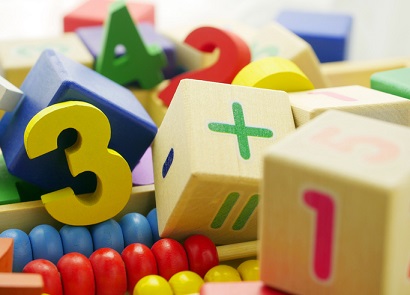
There are more than 60 centres that conduct hands-on activities, up from about 30 five years ago, say observers. This comes at a time when schools are encouraging applied learning to make learning more relevant.
The activities can include dissecting a cow's heart to learn about the circulatory system, building a mirror maze to observe how light travels, and assembling a solar-powered toy car to learn about the sources of energy.
Such activities can take 15 to 45 minutes to complete and are integrated into the tuition lessons, reported the Straits Times.
“The typical chalk-and-board method of instruction, where students are drilled on concepts to prepare them for exams, might improve grades in the short term,” said Kelvin Seah, National University of Singapore economics lecturer.
“However, it might not benefit longer-term learning because, often, the information acquired this way tends not to be retained."
Calla Chiang, director at Science Studios Learning Centre, said that science concepts come alive for her pupils in Primary 3 to 6.
"This is in contrast to typical tuition classes in which students simply copy notes from the whiteboard, do repetitive drills and practices... where science concepts are shown only through diagrams in worksheets," she said.
Gabriel Tan, director at Thinkscience enrichment centre, said students recall concepts and analyse experiment-based questions better after such interactive lessons.
While Justin Leow, head of teaching network at The Learning Lab, said such activities also help students connect what they learn in the classroom to the real world.
Last year, it was reported that there was an exponential increase in the number of students from international schools attending tuition classes and seeking help for the International General Certificate of Secondary Education or International Baccalaureate IB examinations.
Related stories:
Singapore schools to boost career pathways for students
School starts eco-garden to teach life skills


